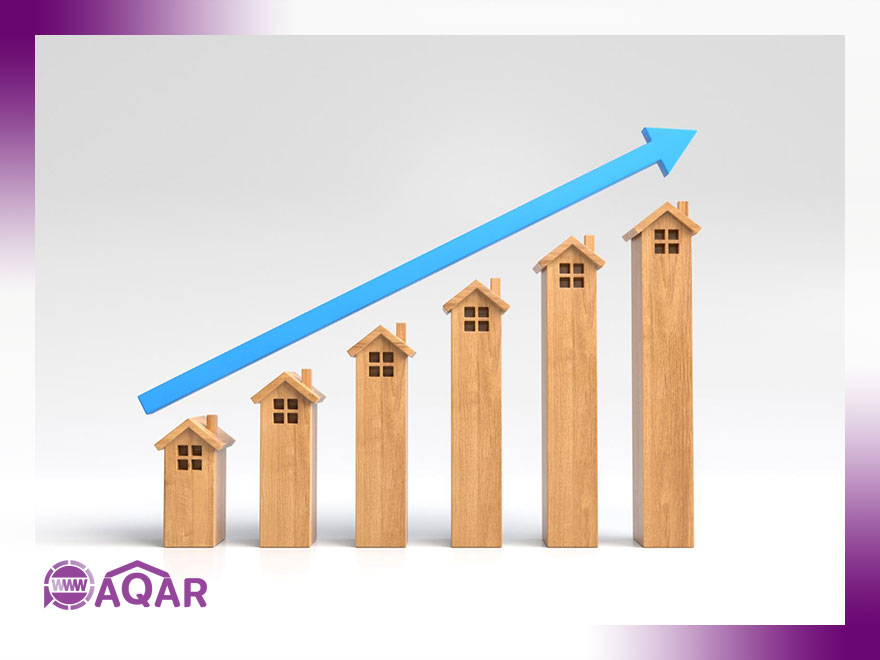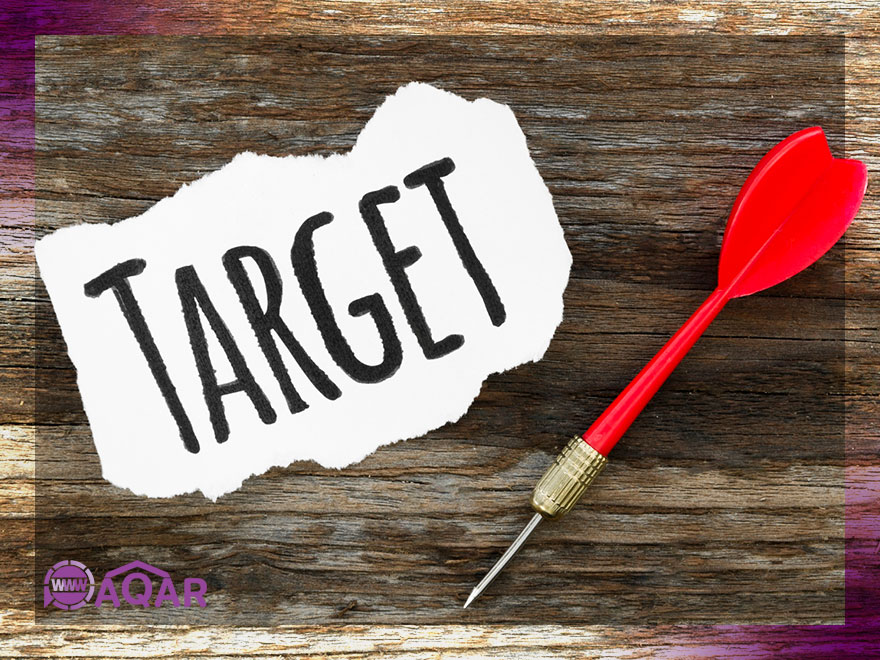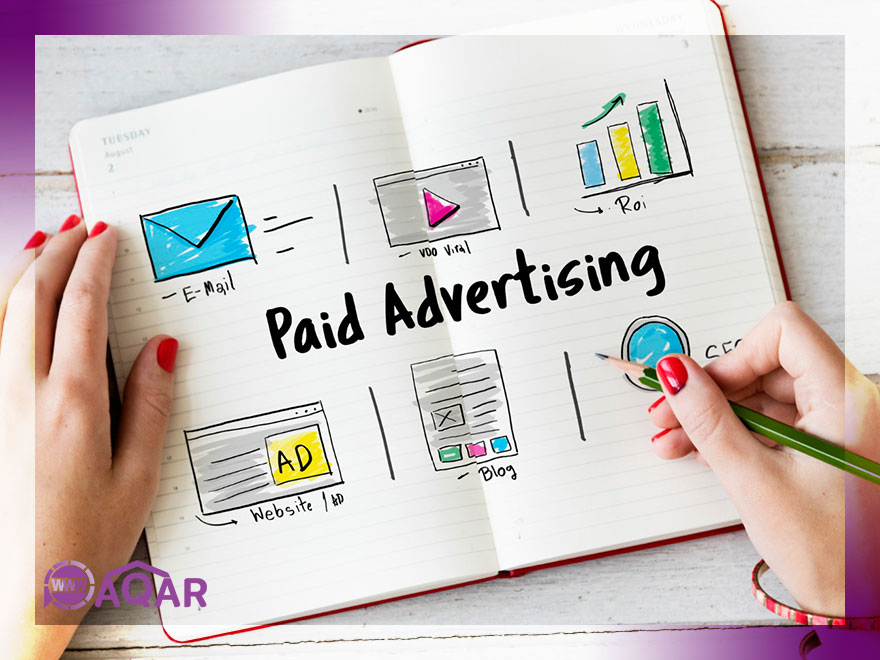In 2024, 73% of real estate professionals report that Facebook ads have become their most effective tool for reducing time on market. While traditional newspaper ads and open houses still have their place, savvy real estate agents are discovering that strategic facebook advertising can cut property sale times by up to 40% compared to conventional marketing methods.
The real estate industry has witnessed a dramatic shift toward digital-first marketing, and facebook ads for real estate have emerged as the most powerful tool for connecting with potential buyers. With Facebook’s sophisticated targeting capabilities and visual-first ad formats, real estate businesses can now reach qualified prospects at precisely the right moment in their buying journey.
This comprehensive guide reveals how to use facebook ads to sell properties faster, from initial campaign setup to advanced retargeting strategies that convert browsers into buyers. Whether you’re a seasoned real estate agent or new to facebook real estate ads, these proven techniques will help you generate leads more efficiently and close sales faster than ever before.
Why Facebook Ads Accelerate Property Sales
Facebook’s massive user base of 3.1 billion monthly active users creates an unparalleled opportunity for real estate marketing. These facebook users spend an average of 33 minutes daily on the platform, providing sustained exposure for your real estate listings that traditional marketing channels simply cannot match.

The visual nature of facebook advertising aligns perfectly with property marketing needs. Real estate video ads generate 403% more inquiries compared to photo-only listings, dramatically reducing time on market. When potential buyers can experience virtual tours and see high quality images in their social media feed, they develop emotional connections with properties before ever scheduling a showing.
Facebook’s targeting precision allows real estate professionals to reach prospects based on buying behaviors, income levels, and life stage indicators. Unlike newspaper ads that cast a wide net, targeted facebook ads ensure your marketing budget reaches people actively considering property purchases in your local market.
Retargeting campaigns represent perhaps the most powerful advantage of facebook ads for real estate. These campaigns boost conversion rates by 40% by maintaining visibility with interested prospects throughout their extended decision-making process. Since property purchases often involve months of consideration, this persistent exposure keeps your listings top-of-mind until buyers are ready to act.
The cost effectiveness of facebook advertising significantly outperforms traditional real estate marketing. Average cost per lead ranges from $4-$100 depending on market conditions, making facebook ads more cost-effective than newspaper ads, direct mail, or hosting multiple open houses. Many real estate agents report generating hundreds of leads at just a few dollars per contact, dramatically improving their marketing ROI.
Setting Up Your Facebook Real Estate Campaign for Fast Sales
Creating effective facebook real estate ads begins with establishing a professional facebook business page that complies with Meta’s Special Ad Category requirements for housing advertisements. Your business page serves as the foundation for all facebook ad campaigns and must clearly identify your real estate services and contact details.

Installing the facebook pixel on your website and property listing pages represents a critical first step for tracking visitor behavior and optimizing campaigns for conversions. This small piece of code enables facebook ads manager to track which prospects visit your landing page, view specific properties, and take other valuable actions that indicate buying intent.
When creating your first facebook ads campaign, start with lead generation objectives which consistently deliver 66% higher click-through rates than traffic-focused campaigns. The facebook ads manager interface guides you through selecting the right campaign objective, but lead generation campaigns specifically optimize for collecting contact details from potential buyers.
Housing advertisements require special compliance review, so allow 24-48 hours for ad approval before campaigns go live. Facebook’s algorithm reviews real estate ads to ensure compliance with fair housing laws, which means your facebook ad campaigns may take longer to approve than other types of advertising.
Your personal facebook account must be verified and linked to your facebook business page to run ads promoting real estate services. This verification process helps Facebook maintain advertising standards and provides additional credibility for your real estate business when prospects research your background.
Targeting Strategies That Find Ready-to-Buy Prospects
Facebook’s Special Ad Category restrictions for housing require geographic targeting with a minimum 15-mile radius, but this broader reach often benefits real estate agents by capturing prospects from surrounding areas who might relocate for the right property. This expanded targeting frequently generates leads from unexpected locations within your local market.

Behavioral targeting options like “Likely to Move” and interests such as “Real Estate Investing” help identify prospects actively considering property purchases. These targeting parameters, combined with mortgage-related keywords and home improvement interests, create audience profiles of people demonstrating buying intent through their online activities.
Creating custom audiences from your recent buyers’ contact lists enables lookalike targeting to find similar prospects in your market area. Facebook’s algorithm analyzes the characteristics of your successful customers and identifies other facebook users with similar demographics, interests, and behaviors, dramatically improving lead quality.
Facebook’s compliance requirements mean custom audiences must be created fresh for each housing campaign – existing audiences cannot be reused per current facebook advertising policies. This ensures your targeting remains compliant while requiring more intentional audience creation for each property campaign.
Advanced Audience Layering Techniques
Sophisticated targeting combines income indicators with homeownership status to match properties with qualified buyers’ purchasing power. By layering these demographics, your facebook ads reach prospects who can realistically afford your listings rather than generating unqualified leads that waste follow-up time.
Geographic targeting paired with “Recently moved” behavior identifies buyers relocating to your area who may need properties quickly. These prospects often represent motivated buyers with compressed decision timelines, making them ideal targets for expedited sales.
Age range targeting typically focuses on 28-55 year olds who possess the financial stability and life stage for property purchases. Combining age targeting with income and homeownership data creates highly qualified audience segments that generate better leads at lower costs.
Website visitor retargeting re-engages people who viewed similar listings but didn’t initially inquire. Since property buyers often research multiple options before making decisions, retargeting keeps your properties visible while they compare alternatives, significantly improving conversion rates.
High-Converting Ad Formats and Creative Content
Video tours and 360° walkthroughs showcase properties comprehensively, leading to more qualified showings and faster sales. Real estate video content allows potential buyers to experience properties emotionally before scheduling in-person visits, which means your showings attract more serious prospects ready to make decisions.

Carousel ads display multiple property photos or room views in a single ad unit, increasing engagement and inquiry rates compared to single image advertisements. The carousel ad format enables showcasing multiple properties or highlighting different features of the same listing, maximizing the impact of your ad spend.
Collection ads combine lifestyle imagery with property details to emotionally connect with buyers’ aspirations. This ad format presents properties within the context of desired lifestyles, helping prospects envision themselves living in the space rather than simply viewing it as a commodity.
Facebook lead ads capture contact information directly within the platform, reducing friction and increasing lead volume compared to ads that redirect to external landing pages. Since users can submit their information without leaving Facebook, lead ads consistently generate higher conversion rates for real estate campaigns.
Video Content That Drives Immediate Action
Creating effective property videos requires 60-90 second walkthroughs that showcase key features while maintaining viewer attention. Professional equipment isn’t necessary – smartphone gimbals produce smooth, professional-looking content that performs well in facebook real estate ads.
Adding captions to videos ensures accessibility since 70% of Facebook users watch content with sound off. Include key details like price, bedroom count, and unique features in video overlay text to communicate essential information regardless of audio settings.
Your video ad should conclude with clear calls-to-action directing viewers to schedule showings or request additional information. Specific CTAs like “Schedule Your Private Tour Today” or “Get the Full Property Details” generate more responses than generic “Learn More” buttons.
Copy That Converts Browsers into Buyers
Effective ad copy remains concise at 90-125 characters while combining emotional appeal with factual property details. This length constraint forces focus on the most compelling selling points while ensuring your message displays properly across all devices and ad placements.
Including price or price range upfront filters out unqualified prospects while attracting serious buyers with appropriate budgets. Transparency about pricing saves time for both real estate agents and prospects by ensuring inquiries come from financially qualified leads.
Urgency phrases like “Open House This Weekend” or “Price Reduced” create immediate action when used appropriately. However, artificial urgency should be avoided – only use time-sensitive language when genuine deadlines or opportunities exist.
Social proof elements such as “Sold 15 homes in this neighborhood” build credibility and differentiate your services from competing real estate professionals. Quantified achievements demonstrate expertise and success, making prospects more likely to trust your guidance throughout their buying process.
Budget Optimization for Maximum Property Exposure
Starting with $10-20 daily budgets per property listing provides sufficient data for optimization while controlling initial costs. These moderate budgets allow facebook’s algorithm to learn your audience preferences and improve targeting efficiency before scaling successful campaigns.

Allocating 60% of budget to prospecting new buyers and 40% to retargeting previous website visitors creates an optimal balance between lead generation and conversion optimization. This distribution ensures continuous lead flow while maximizing value from existing traffic to your real estate listings.
Seasonal budget adjustments capitalize on peak buying periods when competition intensifies but buyer intent strengthens. Spring and early summer typically require 25-30% budget increases to maintain visibility, but these periods also generate the highest quality leads and fastest sales.
Campaign Budget Optimization automatically distributes spending to best-performing ad sets within campaigns, eliminating guesswork about budget allocation. This facebook advertising feature continuously shifts budget toward audiences and creative combinations producing the lowest cost per lead and highest conversion rates.
Monthly budget planning should account for property inventory changes and market seasonality. Real estate businesses typically see best ROI by maintaining consistent baseline spending year-round while scaling during peak seasons rather than stopping and starting campaigns repeatedly.
Retargeting Sequences That Close More Sales
Effective retargeting sequences deploy three-stage messaging: Days 1-3 “Still interested? Schedule showing”, Days 4-14 “Similar properties available”, and Days 15+ “Market updates and new listings”. This progression nurtures prospects without appearing overly aggressive while maintaining consistent visibility.

Retargeting all website visitors, video viewers, and ad engagement audiences with property-specific follow-up content ensures no potential buyer falls through the cracks. Facebook’s tracking capabilities enable precise audience creation based on specific actions, allowing highly relevant follow-up messaging.
Sequential messaging guides prospects through the buying process by addressing different concerns and objections at each stage. Early retargeting focuses on immediate interest, while later messages position you as a knowledgeable local market expert providing ongoing value.
Frequency caps prevent ad fatigue while maintaining necessary visibility throughout extended real estate decision cycles. Setting maximum frequency at 3-4 impressions per week ensures prospects see your content regularly without becoming annoyed by excessive exposure.
Performance tracking for retargeting campaigns requires monitoring engagement rates, click-through rates, and ultimate conversion to showings or sales. Successful retargeting sequences maintain higher engagement rates than initial prospecting while driving significantly higher conversion rates.
Measuring Success and Scaling Winning Campaigns
Key performance indicators for real estate facebook ads include cost per lead, showing-to-sale conversion rate, and days on market reduction. These metrics provide comprehensive insight into campaign effectiveness beyond simple facebook advertising metrics like clicks and impressions.

Facebook ads manager provides detailed analytics including click-through rate, cost per click, and lead form completion rate. However, real estate professionals must track offline conversions through their CRM to understand true campaign ROI and identify which facebook ad campaigns generate actual sales.
A/B testing ad creative, headlines, and targeting options reveals top-performing combinations that can be scaled across multiple properties. Testing one variable at a time ensures clear attribution of performance improvements to specific changes rather than multiple simultaneous modifications.
Scaling successful campaigns requires gradual budget increases of 20-30% weekly while monitoring performance benchmarks. Aggressive scaling often triggers facebook’s algorithm to reset learning phases, temporarily reducing campaign effectiveness.
Campaign performance tracking spreadsheets should correlate facebook ads metrics with CRM data to identify which campaigns, audiences, and creative combinations generate the highest-value prospects. This analysis enables more strategic budget allocation and creative development for future campaigns.
Real Estate Facebook Ad Examples That Sell Properties Fast
Luxury property carousel ads featuring kitchen, master suite, and backyard imagery with “Schedule Private Tour” CTAs consistently outperform single-image advertisements. High-end properties benefit from carousel ad format’s ability to showcase multiple premium features that justify higher price points.

First-time buyer video tours highlighting affordability and move-in ready features generate qualified leads when paired with mortgage calculator landing pages. These campaigns work particularly well when targeting younger demographics and emphasizing financial accessibility rather than luxury features.
Investment property slideshow ads showing rental income potential and neighborhood growth statistics attract serious real estate investing prospects. Including specific ROI projections and market data appeals to analytical buyers making investment decisions rather than emotional home purchases.
Open house event ads using countdown timers and “Limited spots available” messaging create urgency while promoting face-to-face interactions. These facebook real estate ads work best when targeting local audiences within 10-15 miles of the property location to ensure realistic attendance.
Virtual tour advertisements with immersive 360° content allow prospects to experience properties remotely, particularly valuable for out-of-town buyers or during periods when in-person showings are limited. These engaging videos typically generate longer viewing times and higher engagement rates than traditional property photos.
Just sold celebration ads provide social proof while generating leads from neighbors and local prospects interested in market values. These advertisements build credibility for real estate agents while potentially attracting new listings from property owners considering selling.
Conclusion
Mastering how to use facebook ads to sell properties faster requires strategic planning, compelling creative content, and systematic optimization. The combination of Facebook’s massive reach, sophisticated targeting options, and visual ad formats creates unprecedented opportunities for real estate professionals to connect with qualified buyers and accelerate sales cycles.
Success with facebook real estate ads depends on understanding your target audience, creating compelling content that showcases properties effectively, and implementing systematic retargeting to nurture prospects through extended decision processes. By following these proven strategies and continuously optimizing based on performance data, real estate agents can significantly reduce time on market while generating more qualified leads at lower costs.
The real estate industry continues evolving toward digital-first marketing, making facebook advertising skills essential for competitive success. Real estate professionals who master these techniques position themselves to thrive in an increasingly competitive market while providing better service to both buyers and sellers through more efficient, targeted marketing approaches.
Start implementing these facebook ads strategies today to experience faster property sales, higher quality leads, and improved marketing ROI. Your future success in real estate depends on embracing these digital marketing tools that connect you with ready-to-buy prospects more effectively than any traditional marketing method.
Read more:
How to Generate Real Estate Leads Online Without Paying for Ads
Real Estate Marketing on Instagram: The Complete Guide to Growing Your Business in 2025


